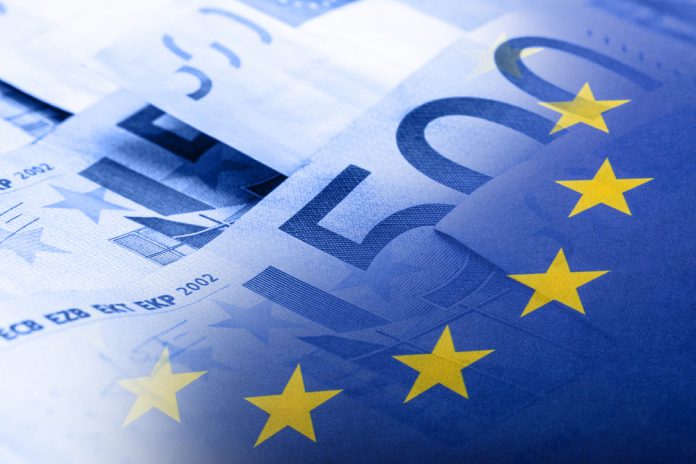Eurozone business activity expanded at its fastest rate since 2015 in October, according to the latest PMI survey by IHS Markit.
The October ‘flash’ PMIs indicate that the Eurozone is growing at a quarterly rate of around 0.4 percent, marking a modest rise from the 0.3 percent recorded in April and June of this year.
IHS Markit’s euro zone flash Purchasing Managers’ Index, which is considered an accurate indicator of overall growth, increased to 53.7 from September’s 52.6. This is the highest figure since December 2015, well above the 50 point line which indicates growth.
Chief business economist at IHS Markit, Chris Williamson, stated: “It’s an encouraging picture. There are plenty of signs here that this number is going to keep improving as a lot of the sub-indexes are cementing a picture of better headline PMI numbers coming through.”
Additionally, Julien Lafargue, a European equities strategist at JP Morgan commented:
“According to the flash PMI estimates, after a difficult summer, the Eurozone is accelerating again at the start of the fourth quarter.”
“Germany’s improvement is particularly encouraging after recent concerns, with the focus now likely to switch to inflation dynamics. Input costs in Germany are rising at their fastest pace in nearly 1.5 years and backlogs of work in the Eurozone are accumulating at the fastest rate for over five years.
“Although we believe this would be premature, this might trigger renewed concerns about the ECB having to “taper” its quantitative easing in the coming months.”
The data suggests that the Eurozone has begun to recover from initial aftershocks of the UK’s June vote to leave the Union, with European stocks opening slightly higher on Monday morning. Following the announcement, EUR/USD trades up 0.1 percent.
Conversely, the pound continues to show signs of weakness, trading up 0.03 percent at $1.2237 against the dollar.
The rise in activity proves promising for the European Central Bank, who chose not to change its policy last week. However, the bank did indicate that more stimulus measures may be considered in December.

